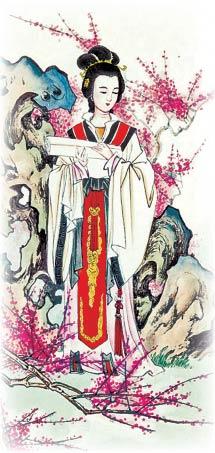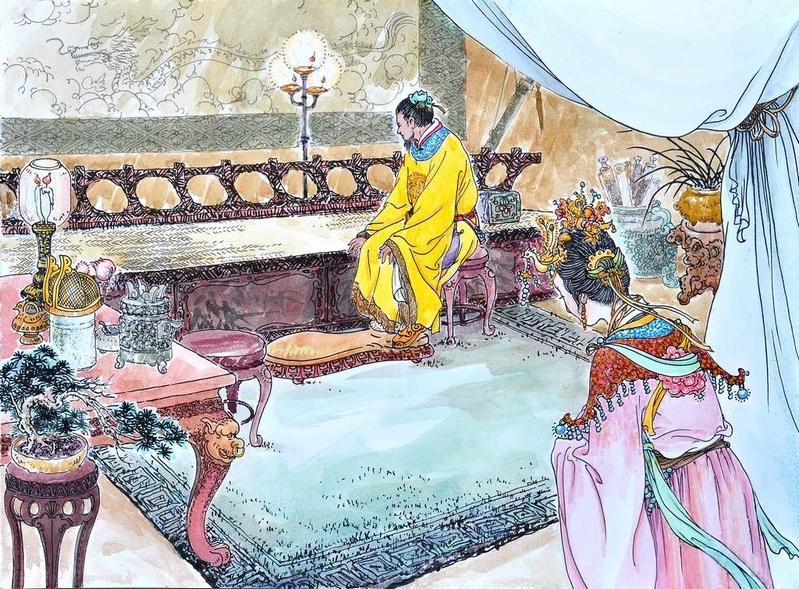Throughout China’s long history, many dynasties were established by men of strength and ambition. Yet the wise and virtuous women who stood alongside them were no less instrumental in shaping the character and heritage of Chinese civilization.
Classical Chinese culture values women who apply their intellect and wisdom to assist fathers, husbands, and sons in their judgement and conduct.
In the “Thousand Character Classic,” an educational text, there is the line, “Outside, accept the teachings of your master; at home, honor your mother’s principles.”
Wisdom, represented by the Chinese character “zhi,” is the fourth of five cardinal virtues taught in Confucianism, the others being benevolence, righteousness, propriety, and faith. In the following three stories the Chinese empresses are known for their contributions to the Han and Tang dynasties.
Empress Yin Shows Compassion to a Deposed Court Rival
Besides his proper wife Yin Liuha, Emperor Guangwu of the Eastern Han Dynasty also had a wealthy imperial consort, Guo Shengtong, who had bore him a son. This led to an awkward situation in which the emperor favored Yin Lihua, but was under pressure to choose Guo Shengtong out of pragmatism.
Yin Lihua was a woman from eastern China descended from the famed minister Guan Zhong. Praising her as a “mother role model of beauty,” Guangwu offered Yin the position of empress.
Having no son, Yin remained humble and declined the offer. Guo Shengtong became empress.
Guangwu could not shake his feelings for his first wife. When the emperor tried confer noble titles on Yin’s brothers, she refused, saying that it would be improper nepotism. When he tried to reward her with expensive jewelry, Yin pointed out that such extravagance was hardly appropriate given that the empire had hardly stabilized after years of warfare.





